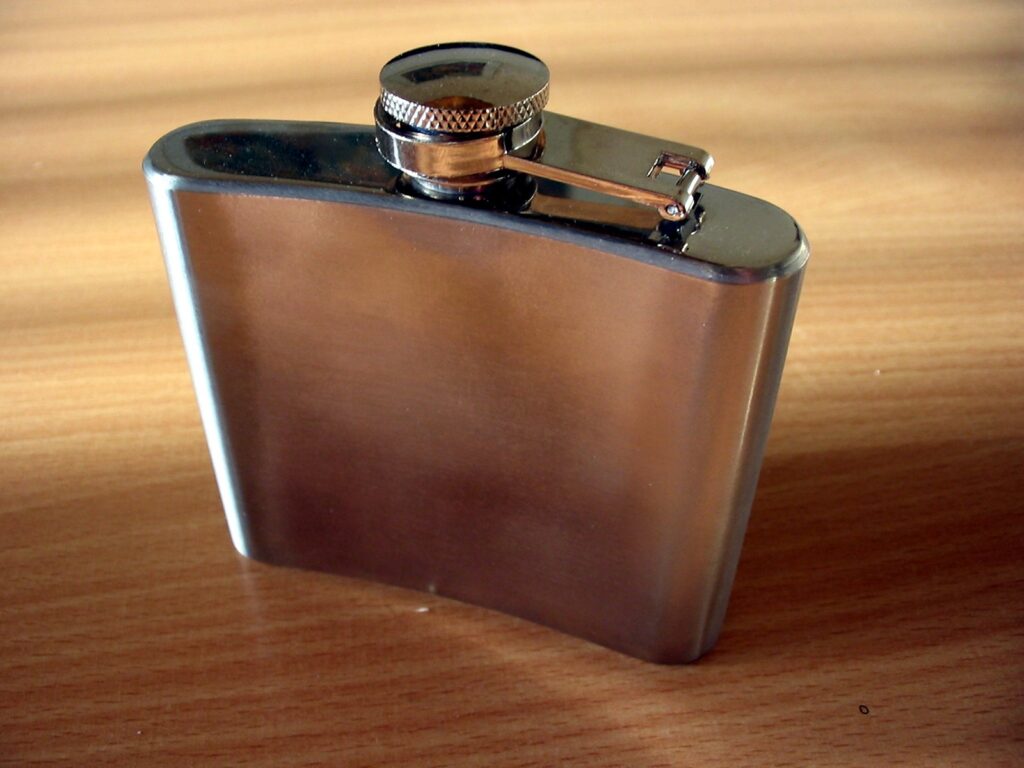Carrying a flask of your favorite beverage might seem like a harmless act, but navigating the legal landscape surrounding flasks can be surprisingly complex. Laws regarding flasks and open containers vary significantly from place to place, making it crucial to understand the regulations in your specific area before you head out. This article will delve into the intricacies of flask laws, exploring open container regulations, public consumption rules, and location-specific restrictions. By the end, you’ll have a clearer understanding of where you can and cannot carry alcohol in a flask.
Flask Laws
Flask laws are essentially a subset of broader open container laws that govern the transportation and consumption of alcoholic beverages in public spaces. These laws aim to maintain order, prevent public intoxication, and minimize litter associated with open containers. While some jurisdictions may have specific regulations regarding flasks, many simply classify them as open containers subject to existing open container laws.
The legal definition of an “open container” often refers to any vessel that contains alcohol and is readily accessible for pouring or drinking. Flasks, due to their design allowing for easy access and pouring, typically fall under this definition. However, the specific criteria for what constitutes an “open container” can vary depending on local ordinances.
Open Container Laws
Open container laws are designed to regulate the consumption and transportation of alcohol in public spaces. These laws generally prohibit individuals from possessing or consuming open containers of alcohol in designated areas, such as parks, sidewalks, beaches, and public transportation. The purpose of these laws is to prevent public intoxication, maintain order, and minimize litter associated with discarded containers.
Open container laws often carry penalties for violations, which can range from fines to community service. The severity of the penalty typically depends on factors such as the location of the offense, the amount of alcohol involved, and any prior offenses. It’s important to note that open container laws can vary significantly from state to state and even within cities or counties.
Carrying Alcohol in Public
While some jurisdictions may permit carrying a flask containing alcohol in certain circumstances, it’s generally advisable to err on the side of caution and avoid transporting alcohol openly in public spaces. Even if your location permits flasks, there may be specific restrictions regarding where they can be carried or consumed. For example, some areas may allow flasks only within private residences or designated event venues.
When in doubt, it’s always best to check with local authorities or consult official resources to ensure you are complying with all applicable laws and regulations. Remember that public intoxication is a separate offense from open container violations and can result in more severe penalties.
Flask Regulations by Location
Flask regulations vary significantly across different locations. Some states and cities have specific laws regarding the possession, transportation, and consumption of alcohol in flasks, while others may simply classify them as open containers subject to broader open container laws.
For example, some states may permit carrying a flask for personal use on private property or during designated events, such as sporting competitions or festivals. However, these same states may prohibit carrying flasks in public spaces or vehicles. It’s crucial to research the specific regulations in your area before transporting alcohol in a flask.
Vehicle Restrictions
Carrying an open container of alcohol in a vehicle is generally prohibited in most jurisdictions. This includes flasks, as they are considered open containers due to their design allowing for easy access and pouring.
Vehicle restrictions on open containers aim to prevent drunk driving and ensure the safety of all passengers and other motorists. Penalties for violating these laws can be severe, including fines, license suspension, or even jail time.
Conclusion
Navigating the legal landscape surrounding flasks requires careful consideration and awareness of local regulations. While some jurisdictions may permit carrying flasks under specific circumstances, it’s generally advisable to err on the side of caution and avoid transporting alcohol openly in public spaces. Remember that open container laws and flask regulations can vary significantly from location to location, so always research the specific rules in your area before you head out. By understanding these laws and adhering to them, you can enjoy your beverages responsibly and legally.



